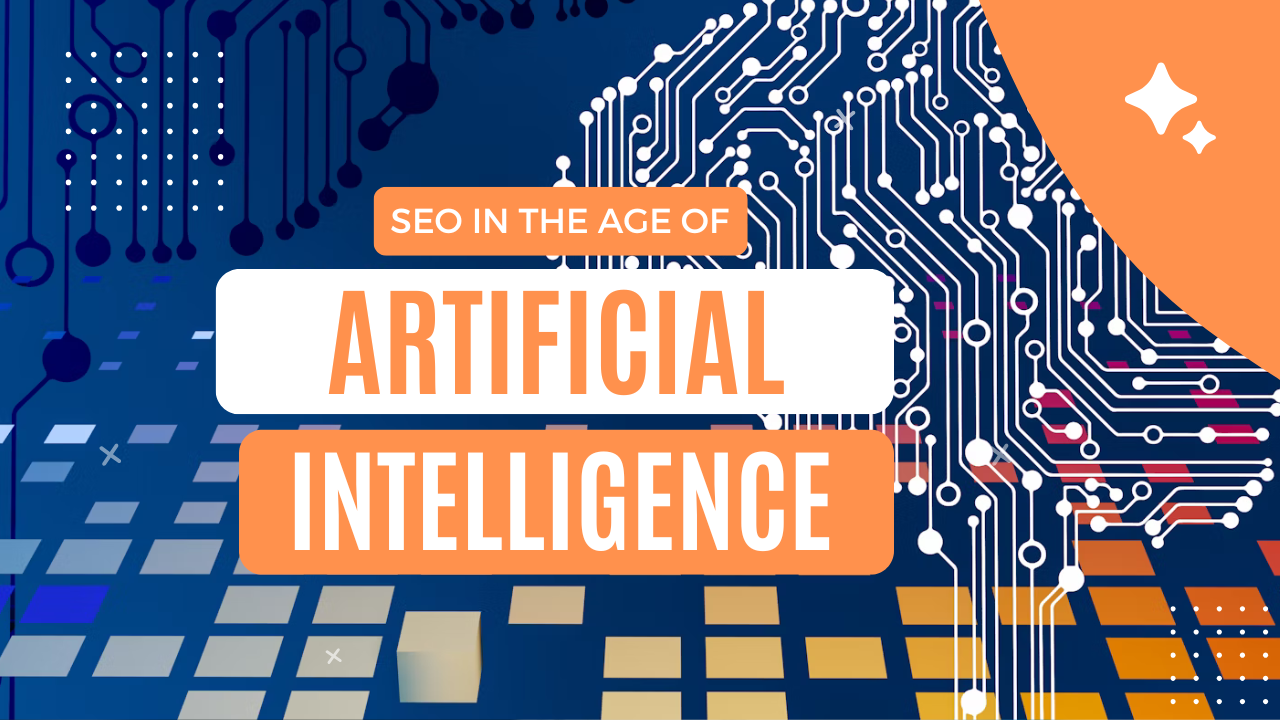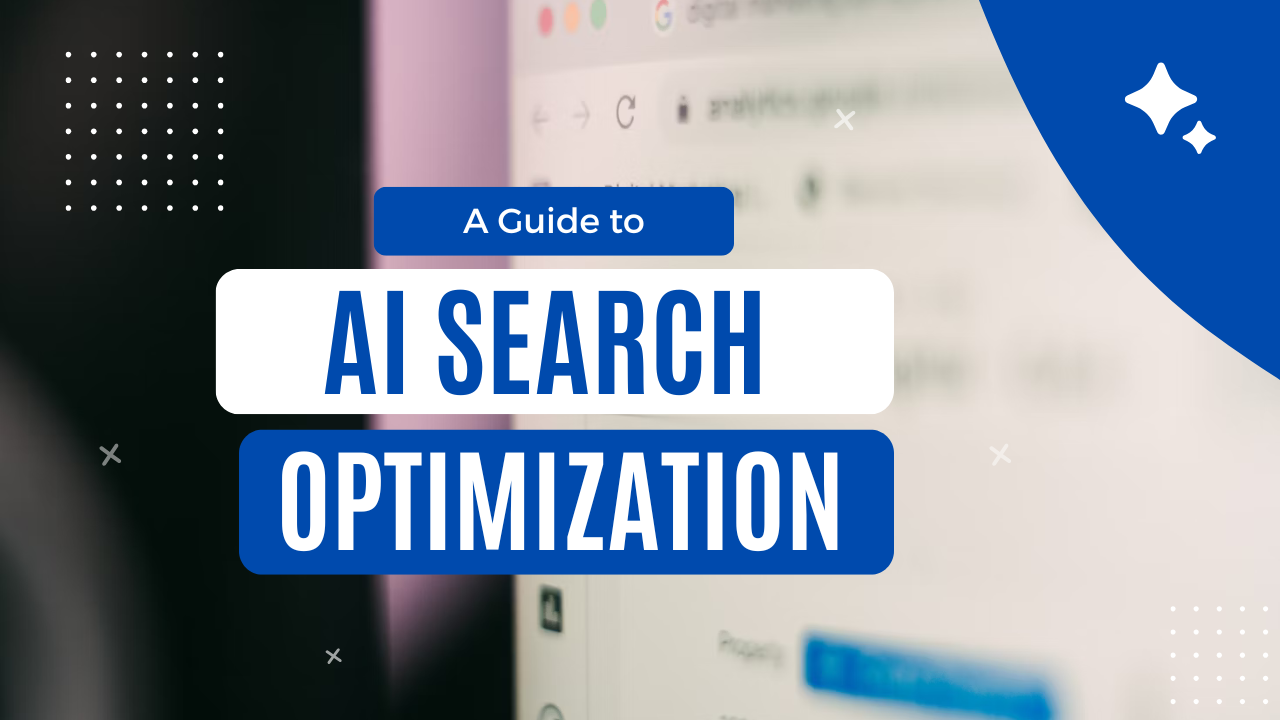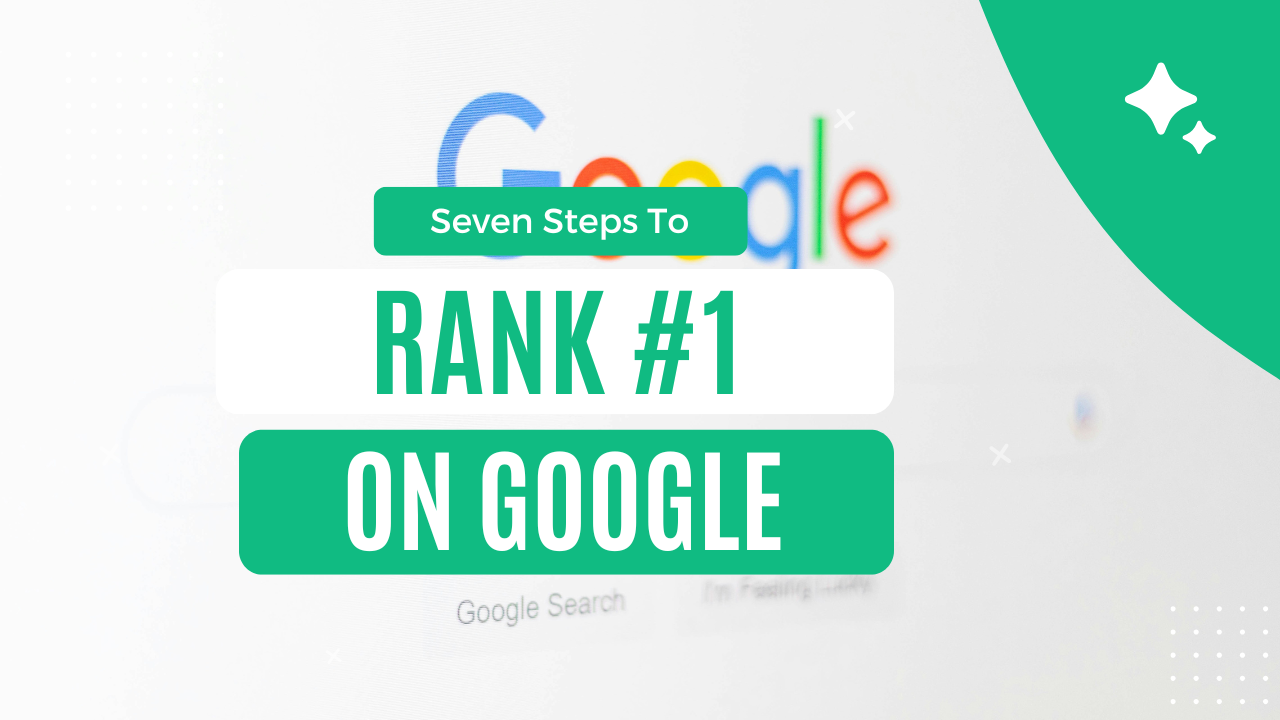SEO in the Age of AI: Why the Old Playbook Is Dead (And What to Do Instead)

Table of Contents
SEO isn’t what it used to be. The strategies that once guaranteed traffic and growth are now getting websites wiped from search results.
There was a time when SEO was simple:
- Find a keyword
- Write some optimized content
- Get a few backlinks
- Sit back and watch the traffic roll in
But that playbook? It's officially dead.
What Killed the Old SEO?
Two words: Artificial Intelligence.
AI has flooded the internet—and especially Google—with mass-produced, low-quality content. In response, Google has cracked down harder than ever before, wiping out perfectly legitimate websites from its search results. And while that's frustrating, it doesn't mean SEO is dead.
In fact, Google still processes over 5 trillion searches per year. That's more than 100x the number of conversations ChatGPT is expected to have in the same period.
So no, SEO isn't dead—it's just evolved. And if you don't evolve with it, you risk wasting months (or years) chasing outdated tactics that no longer work.
Here's what I'd do if I were starting SEO from scratch in today's AI-driven landscape.
Step 1: Learn the Fundamentals
Despite all the recent changes, the core principles of SEO haven't gone anywhere.
- People still search using keywords.
- Google still crawls, indexes, and ranks content.
- And yes, backlinks still matter.
So the first step is mastering the fundamentals:
- Keyword research
- On-page optimization
- Site structure & technical SEO
- Link building
But here's the truth: those fundamentals alone are no longer enough.
Step 2: Shift Your Mindset
Before AI tools exploded, SEO content was almost mechanical:
- Copy the top-ranking post
- Add a few extra tips
- Sprinkle in keywords
- Get backlinks
- Boom—page one rankings.
Because that system worked, everyone did it. SEO became formulaic. Robotic. Predictable.
But here's the problem:
Search engines don't buy from you. People do.
Now that AI can mass-produce this kind of bland, keyword-stuffed content, Google no longer wants it. Instead, Google is doubling down on its original mission: delivering the most helpful, relevant content to searchers.
And while the algorithm still isn't perfect, it's improving every day.
Step 3: Get Obsessed With the Searcher
If I wanted to rank for "how to start a YouTube channel," I wouldn't ask:
"What keywords do I need to include?"
I'd ask:
- Who's searching for this?
- Are they beginners?
- Do they need gear suggestions?
- Are they stuck picking a niche?
Then I'd dig deeper:
- Why are they starting a channel? Creative expression or making money?
- Do they want a checklist? A video walkthrough? A step-by-step tutorial?
When you deeply understand search intent, you create content that actually helps people. And that means:
- Higher rankings
- Longer time on page
- More trust
- Better conversions
Step 4: Embrace AI (But Use It Right)
AI isn't the enemy. It's a superpower—when used the right way.
The problem isn't AI tools. The problem is how most people use them.
Let's compare:
Joe Schmo
- Knows nothing about SEO.
- Tells ChatGPT: "Write a blog post on 'best protein powders.'"
- Gets generic content.
- Publishes it.
- Gets zero traffic.
Sam Eduardo
- Knows how SEO works.
- Researches keywords and competitors.
- Understands his audience's pain points.
- Feeds this context to ChatGPT.
- Guides the AI with precision.
- Ranks on Google in 1 hour.
AI is an assistant, not a replacement. You need to train yourself to be the operator, and that only comes through strong fundamentals and practice.
Step 5: Prepare for What Comes Next
Once your content starts ranking, the traffic will feel like free money.
But here's the brutal truth:
That traffic can vanish overnight.
Google updates can (and do) wipe out websites. We've seen it happen to hundreds of creators. It's painful. And it's unpredictable.
So while you're learning SEO, also prepare to diversify.
SEO isn't just for Google. The skills you learn—search intent, keyword research, content optimization—apply to almost every platform:
- YouTube
- Quora
- eBay
- Even internal search on marketplaces or forums
For example, we applied our Google SEO knowledge to YouTube—and now get over 1 million monthly views from YouTube search alone.
Master Google SEO, and you'll have a massive advantage everywhere else.
Final Thoughts: Be Worth Finding
In a world where AI can generate thousands of bland articles with a few clicks, copying what's already out there isn't enough.
And honestly, it never should have been.
If you want to succeed in SEO today:
- Learn the fundamentals
- Obsess over helping your audience
- Use AI strategically
- Prepare to diversify beyond Google
- Be genuinely useful
Because that's what SEO is still all about: connecting people with what they're actually looking for.
George Field
Founder & CEO at Seio
George is an entrepreneur with over 12 years of experience in digital marketing and SEO. He has successfully launched multiple businesses and created high-performing SEO campaigns. As the founder of Seio, George combines his deep understanding of search algorithms with cutting-edge AI technology to help businesses dominate their markets through strategic content creation.
Related Articles
Continue reading with these related posts

Discover how AI search is transforming SEO and learn the strategies you need to succeed in 2025 and beyond.

Most people think ranking #1 on Google is all about SEO—and while that's part of the puzzle, it's far from the full picture. In 2025, you need a complete strategy that goes beyond basic optimization.